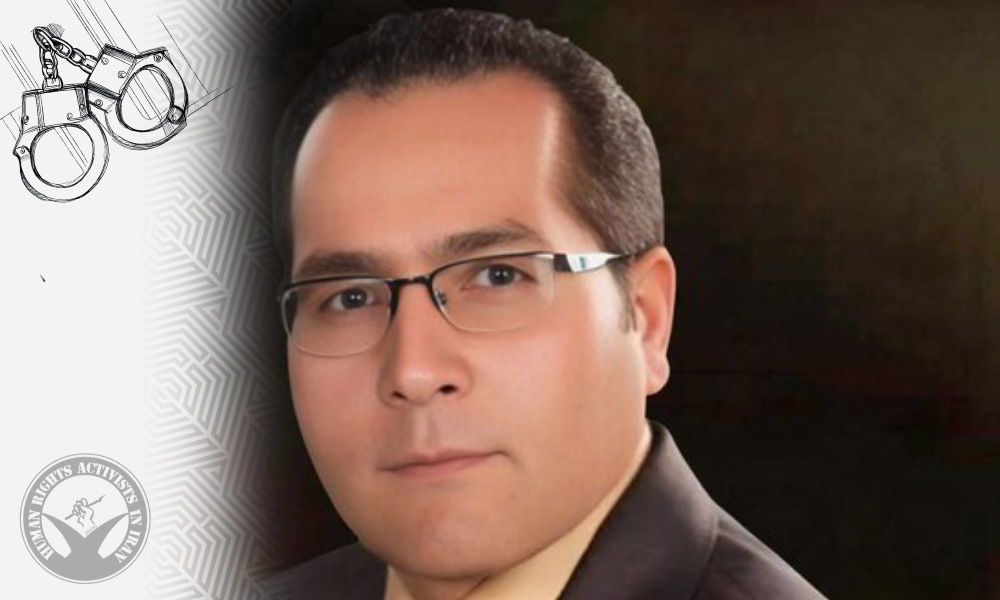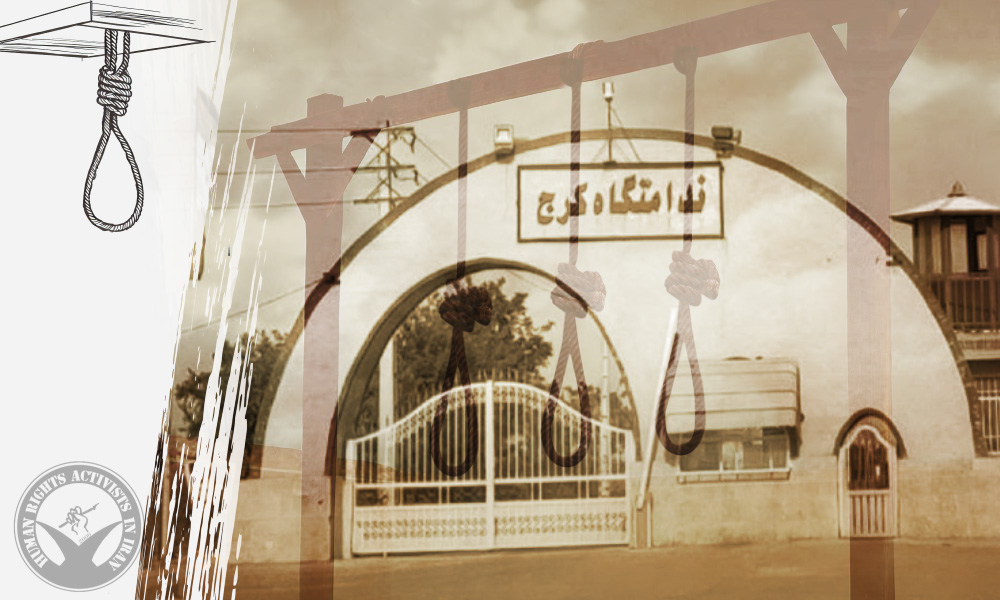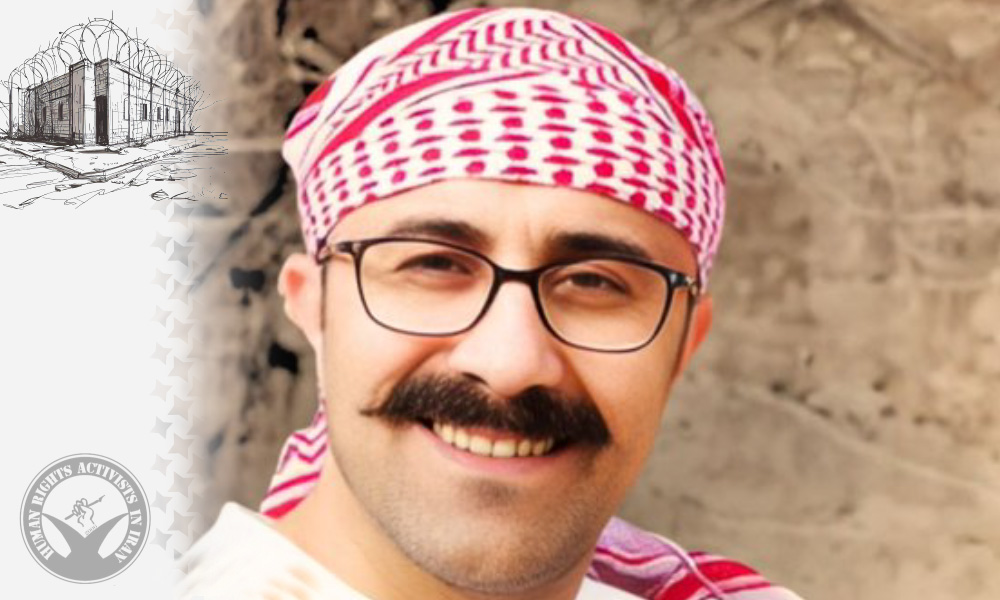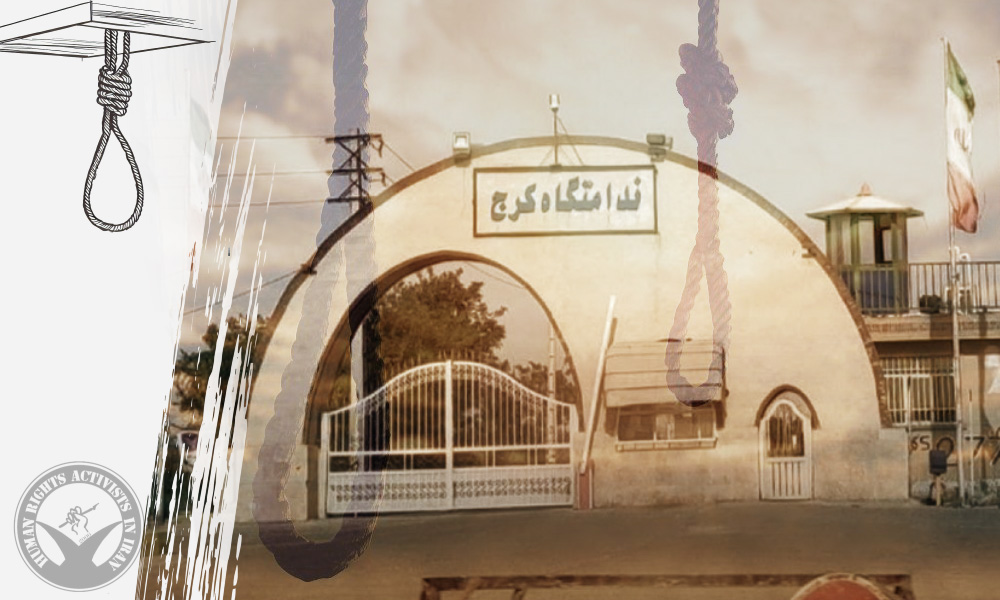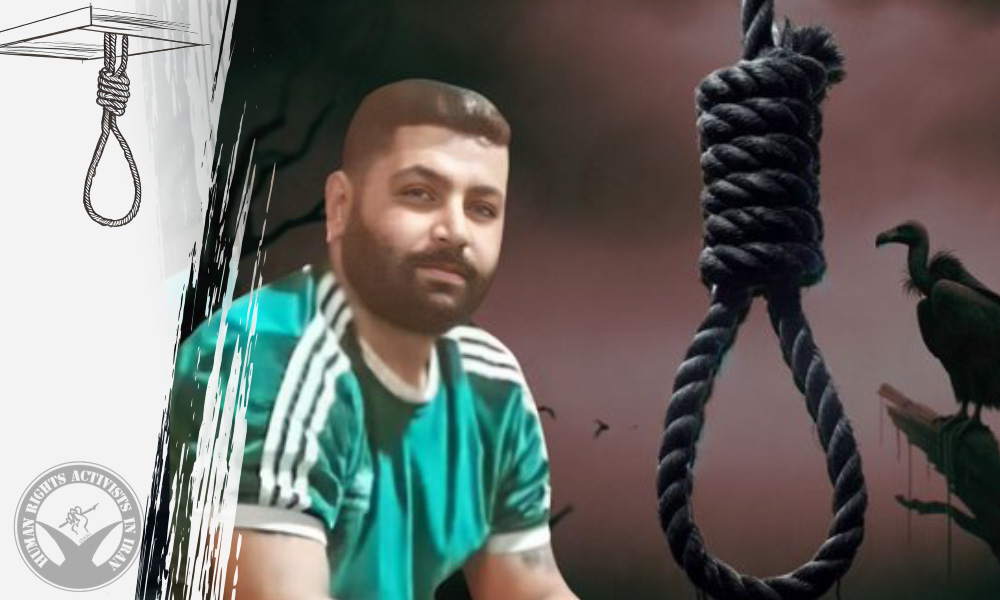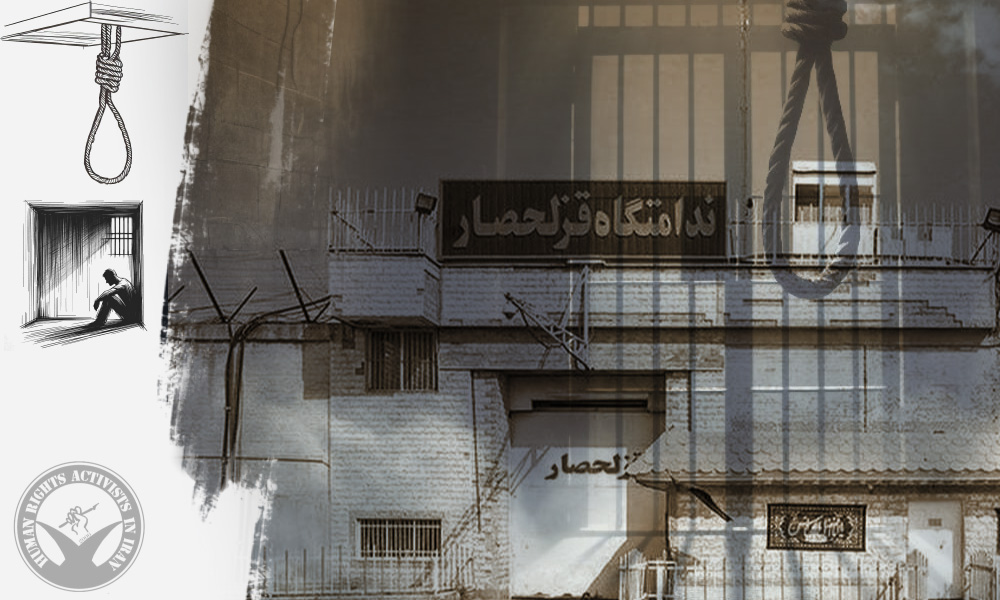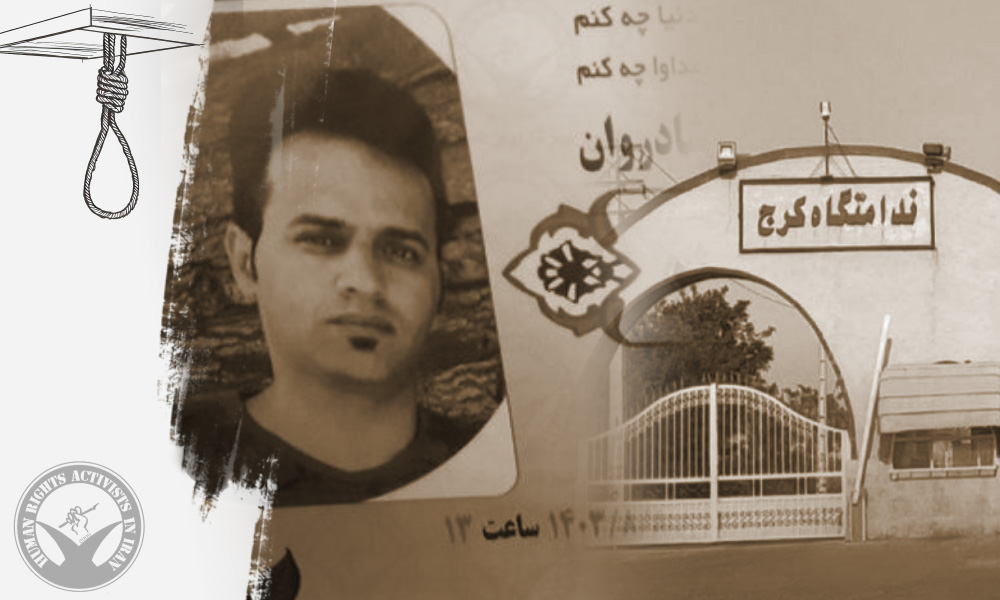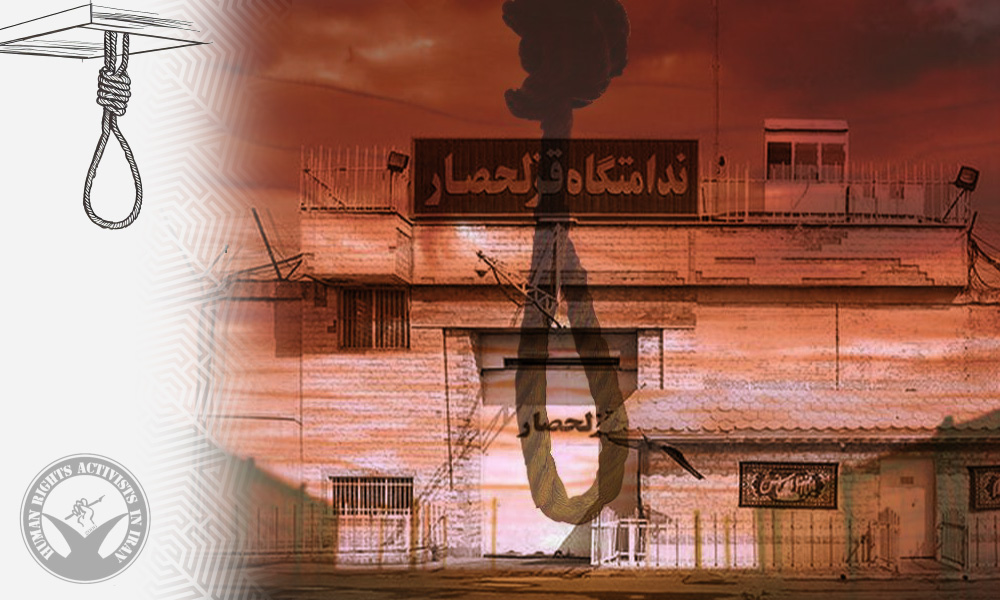On Monday, November 25, 2024, Azerbaijani-Turk activist Sayyad Mohammadian was arrested by security forces at his home in Karaj and transferred to Kachooie Prison.
A source close to his family confirmed the arrest, stating: “Sayyad Mohammadian was detained by security forces at his residence in Karaj. Following inquiries by his family, they were informed that he was arrested to begin serving his six-month sentence.”
Mohammadian was previously arrested in Karaj by security forces on May 15, 2024, and later released on bail on June 15, 2024, from Karaj Central Prison.
He was convicted by the Karaj Revolutionary Court of “propaganda against the regime” and sentenced to six months in prison. The sentence was upheld by the Alborz Province Court of Appeals.
Sayyad (Ovchu) Mohammadian, from Miandoab, currently resides in a village near Karaj. He has previously faced arrest and interrogation for his activism.



